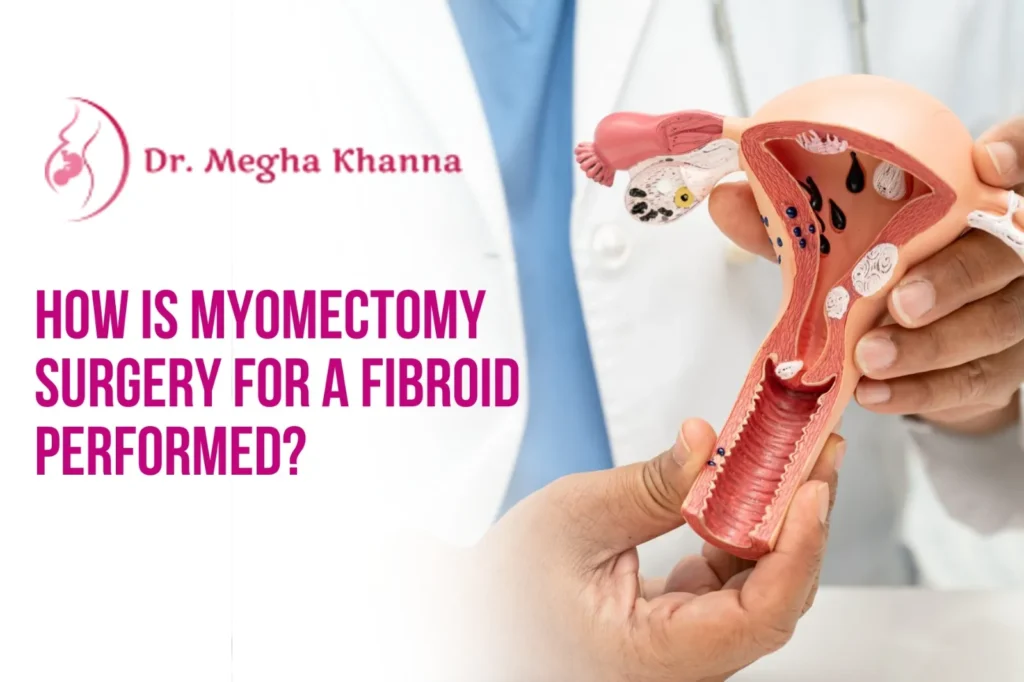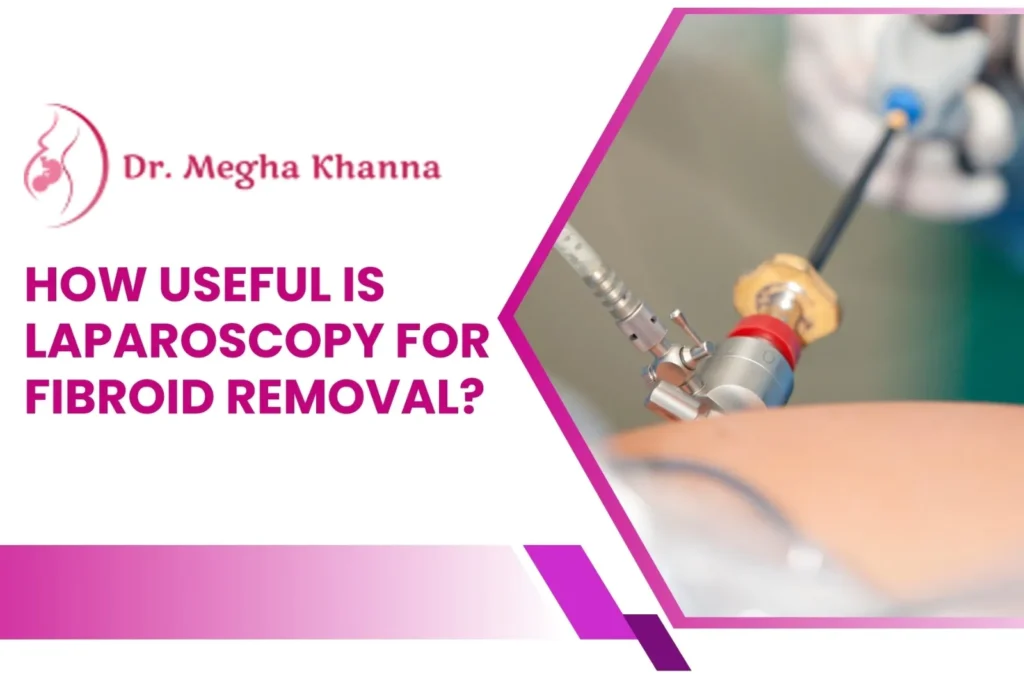-
Ganesh Talkies, Kolkata
Ganesh Talkies, Kolkata

MeghaKhanna
09.01.2026
If you are pregnant then you can learn it from Best Lady Gynecologist in Kolkata – Dr. Megha Khanna. If you are expecting your first baby, knowing what the first mom should need to know during pregnancy is essential for both maternal and fetal well-being. Consulting the best lady gynecologist in Kolkata, like Dr. Megha Khanna, ensures expert guidance through every stage of pregnancy—from conception to delivery. First-time moms often face physical, emotional, and lifestyle changes, and the right pregnancy care plan under an experienced gynecologist can make this journey safe, confident, and joyful. Pregnancy is a life-changing experience, especially for first-time mothers. Choosing the best lady gynecologist in Kolkata provides: Personalized prenatal care Early risk detection Emotional reassurance Evidence-based medical decisions Holistic mother-baby wellness Dr. Megha Khanna, a trusted name in women’s healthcare, specializes in first-time pregnancy management with a compassionate, patient-centric approach. Pregnancy Care for First-Time Mothers First Trimester Care (Weeks 1–12)What Happens in the First Trimester?Common SymptomsMedical Care Needed Essential Tests in the First TrimesterPregnancy Nutrition Guide for First-Time MomsWhat First Mom Should Need to Know During Pregnancy About DietDaily Nutritional RequirementsPregnancy Nutrition Guide for First-Time MomsWhat First Mom Should Need to Know During Pregnancy About DietDaily Nutritional RequirementsLifestyle Changes Every First-Time Mom Must FollowHealthy Habits Recommended by the Best Lady Gynecologist in KolkataSecond Trimester Care (Weeks 13–27)What to ExpectImportant Scans & TestsEmotional & Mental Health During PregnancyWhy Mental Wellness Is Critical for First-Time Moms?Warning Signs First-Time Moms Should Never IgnoreSeek Immediate Medical Help If You Experience:Third Trimester Care (Weeks 28–40)What First Mom Should Need to Know During Pregnancy in Final StageDelivery Preparation Checklist Normal Delivery vs C-Section: What First-Time Moms Should Know?Post-Pregnancy Care for First-Time MomsAfter Delivery, Focus On:Why Choose Dr. Megha Khanna – Best Lady Gynecologist in Kolkata?E-E-A-T SignalsConclusionFAQs What should first-time moms do during pregnancy?When should I visit a gynecologist after pregnancy confirmation?What food is best for first-time pregnant women?Is normal delivery possible for first-time moms?Who is the best lady gynecologist in Kolkata for first pregnancy? Pregnancy Care for First-Time Mothers This guide covers everything what first mom should need to know during pregnancy, including: Early pregnancy symptoms Trimester-wise care Nutrition & diet Mental health Lifestyle do’s and don’ts Medical tests & scans Warning signs Delivery preparation Post-pregnancy care First Trimester Care (Weeks 1–12) What Happens in the First Trimester? The first trimester is crucial for fetal development and maternal adaptation. Common Symptoms Morning sickness Fatigue Breast tenderness...

Admin
31.12.2025
Hello Reader! Welcome to the blog page of Dr. Megha Khanna, one of the best lady gynecologist in Kolkata. Uterine fibroids are one of the most common gynecological conditions affecting women of reproductive age. While many fibroids remain asymptomatic, some can cause heavy menstrual bleeding, pelvic pain, pressure symptoms, infertility, or recurrent pregnancy loss. In such cases, myomectomy surgery is often recommended as an effective treatment option that removes fibroids while preserving the uterus. As the best lady gynecologist in Kolkata, I believe in educating women so they can make informed decisions about their health. This blog explains how myomectomy surgery is performed, the different techniques used, and what patients can expect before and after the procedure. What Is Myomectomy Surgery?Who Needs Myomectomy Surgery?Types of Myomectomy Surgery1. Abdominal (Open) Myomectomy2. Laparoscopic Myomectomy3. Robotic-Assisted Myomectomy4. Hysteroscopic MyomectomyPreoperative Preparation for Myomectomy SurgeryWhat Happens During the Surgery?Recovery After Myomectomy SurgeryFertility and Pregnancy After Myomectomy SurgeryRisks and ComplicationsWhat are the types of myomectomy surgery, and when to choose each?Open Abdominal MyomectomyLaparoscopic MyomectomyHysteroscopic MyomectomyRobotic-Assisted MyomectomyChoosing the Right Myomectomy SurgeryWhat are the risks and complications of myomectomy surgery?Common Intraoperative RisksPostoperative ComplicationsLong-Term ConcernsMitigation StrategiesHow to prepare a patient before myomectomy surgery?Medical Evaluation and TestsDietary and Lifestyle AdjustmentsPractical and Emotional PreparationDay-of-Surgery ProtocolsWhat is the typical recovery timeline after myomectomy surgery?Hysteroscopic Myomectomy RecoveryLaparoscopic or Robotic Myomectomy RecoveryOpen Abdominal Myomectomy RecoveryGeneral Milestones and TipsFAQ1. What is myomectomy surgery?2. How is myomectomy surgery performed?3. What type of anesthesia is used during myomectomy surgery?4. How long does recovery take after myomectomy surgery?5. Can fibroids return after myomectomy surgery?Why Choose the Best Lady Gynecologist in Kolkata for Myomectomy Surgery?Final Thoughts What Is Myomectomy Surgery? Myomectomy surgery is a surgical procedure aimed at removing uterine fibroids (also called myomas) while keeping the uterus intact. It is especially preferred for women who wish to preserve fertility or want to avoid hysterectomy. Unlike uterus removal, myomectomy surgery focuses only on fibroids, allowing women to maintain normal hormonal function and reproductive potential. Who Needs Myomectomy Surgery? Myomectomy surgery may be advised if you experience: Heavy or prolonged menstrual bleeding Severe pelvic pain or pressure Difficulty conceiving due to fibroids Recurrent miscarriages linked to fibroids Rapidly growing fibroids Pressure on the bladder or bowel Consulting the best lady gynecologist in Kolkata ensures accurate diagnosis and personalized treatment planning. Types of Myomectomy Surgery The method of myomectomy surgery depends on the size, number, and location of fibroids, as well...

MeghaKhanna
30.12.2025
Introduction: A Safer, Smarter Way to Remove Fibroids Uterine fibroids affect a large number of women during their reproductive years and can significantly impact quality of life, fertility, and overall well-being. Today, minimally invasive surgery has transformed fibroid treatment, making recovery faster and outcomes better. For women seeking expert care from a Laparoscopic Myomectomy surgeon in Kolkata and guidance from the best lady gynecologist in Kolkata, laparoscopic myomectomy has emerged as a preferred, uterus-preserving option. This comprehensive, question-based guide explains the benefits of choosing laparoscopic myomectomy for fibroid removal, how it works, who it is suitable for, and why expertise matters—curated for patients of Dr Megha Khanna, a trusted name in women’s health and minimally invasive gynecological surgery. Introduction: A Safer, Smarter Way to Remove FibroidsBenefits of Choosing Laparoscopic Myomectomy for Fibroid Removal: What Do Women Want to Know?1. What Is Laparoscopic Myomectomy?A Modern, Minimally Invasive Fibroid Surgery2. Why Do Women Need Fibroid Removal?Common Symptoms of Uterine Fibroids3. How Is Laparoscopic Myomectomy Different from Open Surgery?Key Differences at a Glance4. What Are the Major Benefits of Laparoscopic Myomectomy?1. Minimally Invasive Approach2. Faster Recovery3. Less Blood Loss4. Shorter Hospital Stay5. Minimal Scarring6. Is Laparoscopic Myomectomy Safe?Safety Depends on ExpertiseReduced Risk of:7. Who Is an Ideal Candidate for Laparoscopic Myomectomy?Suitable Candidates Include Women Who:8. What Types of Fibroids Can Be Removed Laparoscopically?Commonly Treated Fibroids9. How Long Does the Surgery Take?Procedure Duration10. What Is the Recovery Process Like?Post-Surgery Recovery Timeline11. Pain Management After Laparoscopic MyomectomyLess Pain, Better Comfort12. Does Laparoscopic Surgery Reduce Complications?Yes, Compared to Open Surgery13. Can Fibroids Come Back After Surgery?Recurrence Is Possible, But…14. Laparoscopic Myomectomy vs Hysterectomy: Which Is Better?Comparison Table15. Role of Surgeon Expertise in OutcomesWhy Experience Matters16. Emotional & Psychological BenefitsBeyond Physical Healing17. Cost-Effectiveness in the Long Run18. Preparing for Laparoscopic MyomectomyPre-Surgery Checklist19. Post-Surgery Care TipsFor Smooth Recovery20. Why Choose Dr Megha Khanna?Trusted Women’s Health SpecialistFinal Thoughts: A Modern Solution for Fibroid CareFAQs What is the biggest benefit of laparoscopic myomectomy?Is laparoscopic myomectomy safe for future pregnancy?How long does recovery take?Will fibroids return after surgery?Who is a good candidate for laparoscopic myomectomy? Benefits of Choosing Laparoscopic Myomectomy for Fibroid Removal: What Do Women Want to Know? 1. What Is Laparoscopic Myomectomy? A Modern, Minimally Invasive Fibroid Surgery Laparoscopic myomectomy is a surgical procedure that removes uterine fibroids while preserving the uterus, using: Small keyhole incisions A laparoscope (thin camera) Advanced surgical instruments Unlike open surgery, this technique minimizes trauma...

Admin
24.12.2025
Hello Reader! Welcome to the blog page of Dr. Megha Khanna, one of the best lady gynecologist in Kolkata. Uterine fibroids are one of the most common gynecological conditions affecting women of reproductive age. While many fibroids remain asymptomatic, some can lead to heavy menstrual bleeding, pelvic pain, pressure symptoms, infertility, or recurrent pregnancy loss. With advancements in medical technology, laparoscopy for fibroid removal has emerged as a highly effective and minimally invasive treatment option. As a gynecologist, I often counsel patients on whether this procedure is right for them and how it compares to traditional surgery. Understanding Uterine FibroidsWhat Is Laparoscopy for Fibroid Removal?How Useful Is Laparoscopy for Fibroid Removal?1. Minimally Invasive with Faster Recovery2. Reduced Blood Loss3. Fertility Preservation4. Shorter Hospital Stay5. Lower Risk of ComplicationsWho Is an Ideal Candidate for Laparoscopic Fibroid Removal?Laparoscopy vs Open SurgeryImportance of Choosing the Right SpecialistPre-operative preparation and medicationsOptimizing Hemoglobin and Anemia ManagementMedications for Fibroid Shrinkage and HemostasisLifestyle and General PreparationRobot-assisted vs. standard laparoscopyKey Technological DifferencesAdvantages of Robot-AssistedWhen to Choose Standard LaparoscopyConsiderations for PatientsRecurrence rates and long-term resultsRecurrence Rates OverviewKey Risk Factors for RecurrenceLong-Term Results and BenefitsMonitoring and Prevention StrategiesFertility improvement post-surgeryPregnancy Rate ImprovementsLive Birth and Delivery OutcomesLong-Term Fertility BenefitsFAQ1. What is laparoscopy for fibroid removal?2. Is laparoscopy effective for treating fibroids?3. How long does recovery take after laparoscopic fibroid surgery?4. Can laparoscopy for fibroid removal improve fertility?5. Is laparoscopy safe for all types of fibroids?Final Thoughts Understanding Uterine Fibroids Fibroids, also known as leiomyomas, are non-cancerous growths that develop from the muscular wall of the uterus. They vary in size, number, and location—subserosal, intramural, or submucosal. The impact of fibroids on a woman’s health largely depends on these factors. Common symptoms include: Heavy or prolonged menstrual bleeding Severe menstrual cramps Pelvic pain or pressure Frequent urination Difficulty conceiving or pregnancy complications When symptoms start affecting quality of life, surgical intervention may be recommended. What Is Laparoscopy for Fibroid Removal? Laparoscopy for fibroid removal, also known as laparoscopic myomectomy, is a minimally invasive surgical procedure where fibroids are removed through small incisions in the abdomen using a laparoscope (a thin camera-equipped instrument). This approach allows the surgeon to precisely remove fibroids while preserving the uterus, making it an ideal choice for women who wish to maintain fertility. How Useful Is Laparoscopy for Fibroid Removal? 1. Minimally Invasive with Faster Recovery One of the biggest advantages of laparoscopy for fibroid removal is that...